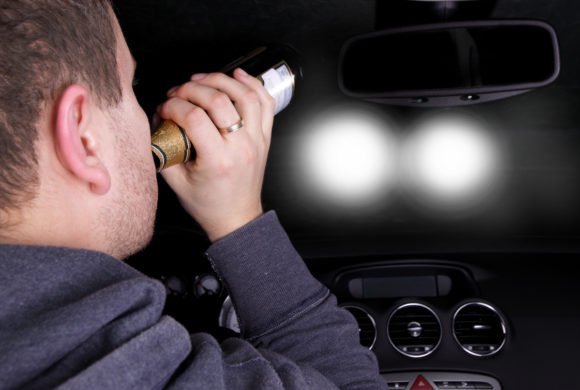While U.S. drunk driving fatalities increased by 4.6 percent from 2011 to 2012, Tennessee saw a 14 percent increase in the number of people killed by drunk drivers during that time, according to the National Highway Traffic Safety Administration. Mothers Against Drunk Driving reported that 295 people were killed in Tennessee as the result of drunk driving car accidents in 2012, accounting for 29 percent of all motor vehicle accident deaths in the state. In an attempt to lower this high fatality rate, Tennessee lawmakers have enacted legislation to keep drunk drivers off of the road.
What is considered drunk driving?
In Tennessee, people with a blood alcohol content level of 0.08 percent or higher are considered intoxicated, and may be charged with a DUI. People who drive with a BAC of 0.08 percent may have trouble perceiving the distance and speed of other vehicles on the road, according to the NHTSA. They may also experience short-term memory loss, concentration problems and the inability to control their speed.
Drivers with higher levels of intoxication may find it difficult to stay in their lane of traffic, and are less likely to respond to emergency situations. All of the dangerous effects of alcohol intoxication place other motorists in danger of serious injury or death if they become involved in an automobile accident.
What is Tennessee doing about the problem?
MADD reports that approximately one-third of all people who are convicted of drunk driving have been arrested or convicted of a DUI in the past. In response to the significant increase in drunk driving deaths in Tennessee, the state enacted a law requiring all convicted DUI offenders to get an ignition interlock device installed in their vehicles, according to MADD. These cellphone-sized devices are essentially small breath test analyzers that prevent the vehicle from starting if the driver’s blood alcohol content level is above a preset limit.
Ignition interlock devices have proven to be successful in keeping drunk drivers off of the roads in many states, as reported by MADD. Convicted drunk drivers in Tennessee are also required to perform community service, pay fines and court costs and enroll in a court-ordered DUI education course. They will also have their driver’s licenses suspended for a time depending on the specific circumstances of the crime.
By enforcing the new ignition interlock device law, as well as the other strict legal consequences of drunk driving, Tennessee hopes to see a decrease in the number of drunk driving deaths in the future.

